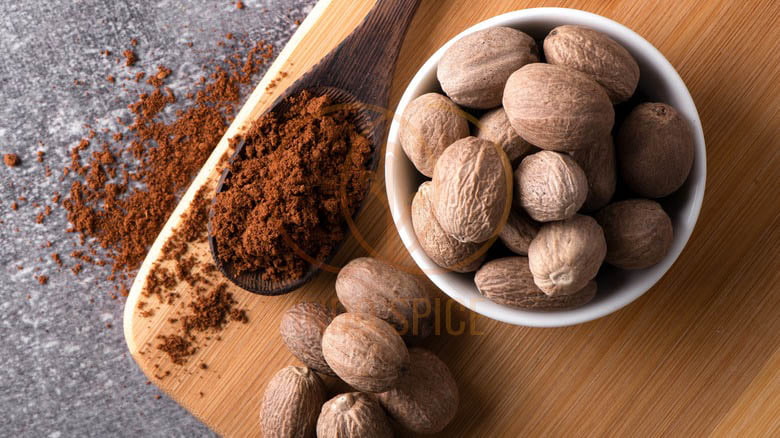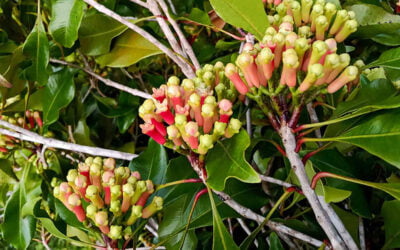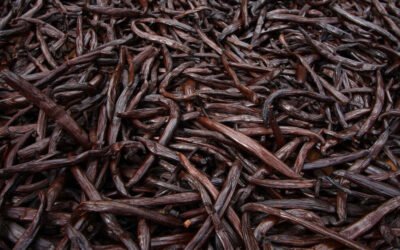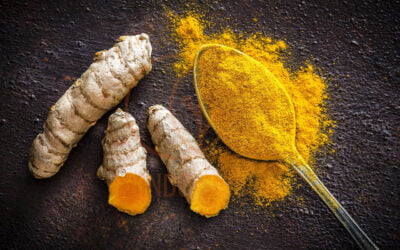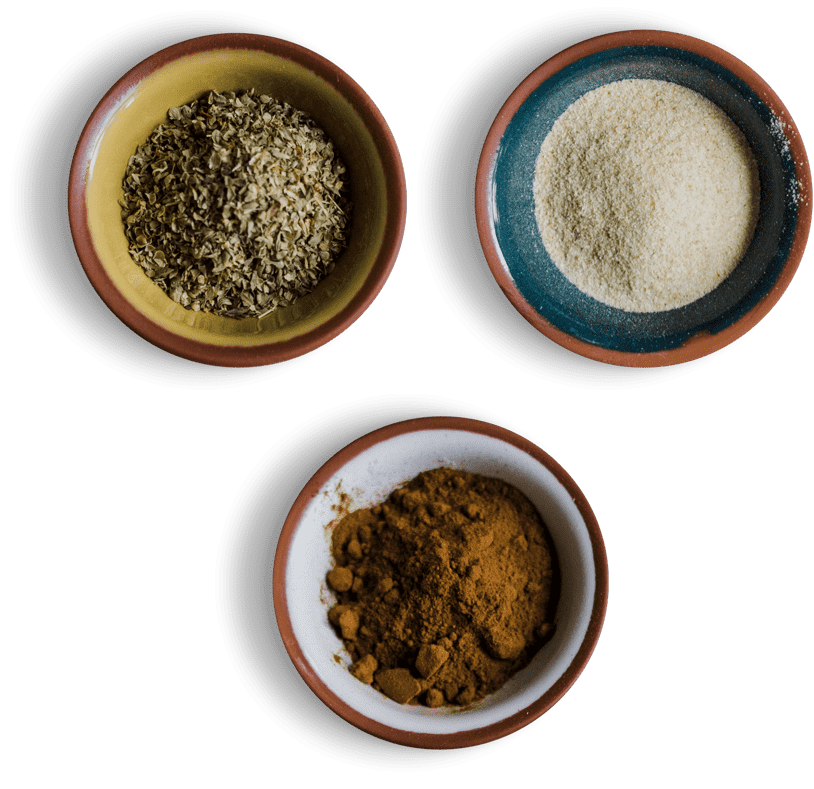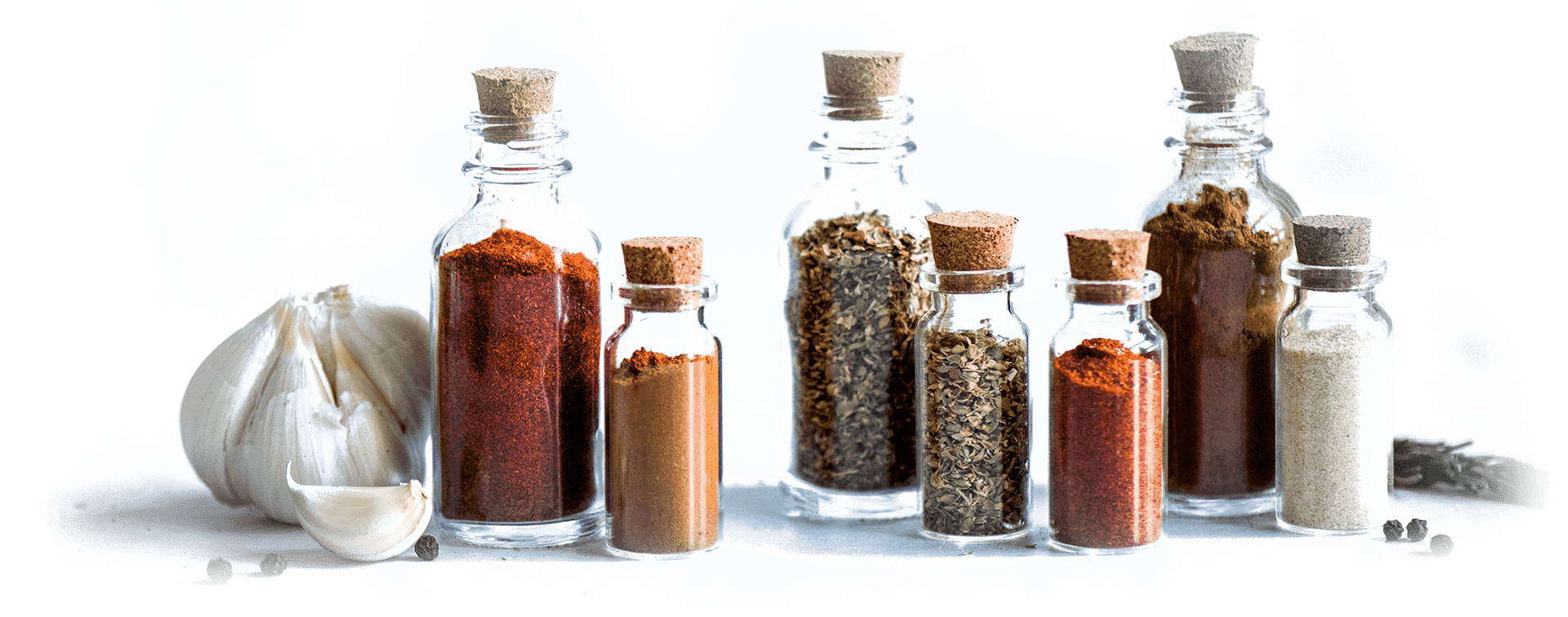Nutmeg is a versatile spice that has been cherished for its warm and slightly sweet flavor for centuries. Originating from the Banda Islands in Indonesia, nutmeg has become a staple ingredient in many cuisines around the world, including European, Middle Eastern, and Southeast Asian cooking. In addition to its culinary uses, nutmeg has a long history of use in traditional medicine, with potential health benefits including anti-inflammatory, analgesic, and anti-anxiety properties. This article will explore the world of nutmeg from Indonesia, including its history, growth and harvesting, health benefits, culinary uses, and storage and usage tips.
Table of Contents
A Brief History of Nutmeg
The Banda Islands, located in the Moluccas (also known as the Spice Islands) in Indonesia, have a rich history as the world’s largest supplier of nutmeg. The spice was highly valued by European traders, and control of the Banda Islands was fiercely contested in the 16th and 17th centuries due to its high demand and lucrative trade. Today, Indonesia remains a major producer and exporter of nutmeg, and the spice continues to be a key part of the country’s economy.
The Nutmeg Tree and its Growth
The nutmeg tree is a tall, evergreen tree that can grow up to 20 meters in height. The tree produces yellowish-green flowers, followed by fleshy fruits known as drupes, which contain the nutmeg seed surrounded by a lacy, reddish-brown aril known as mace. Nutmeg trees are harvested twice a year, with the nutmeg seeds removed from the drupes and dried for several weeks before being packaged and sold.
Flavor Profile and Culinary Uses
Nutmeg has a warm, slightly sweet, and slightly bitter flavor that makes it a popular ingredient in sweet and savory dishes around the world. In Western cooking, nutmeg is often used in baked goods like cakes, pies, and custards, as well as in savory dishes like soups, sauces, and cheese dishes. In Southeast Asian cooking, nutmeg is used in spice blends like curry powder, and is a common ingredient in dishes like nasi goreng (Indonesian fried rice) and sambal (a spicy condiment).
Health Benefits of Nutmeg
In addition to its culinary uses, nutmeg has a long history of use in traditional medicine. It is believed to have anti-inflammatory, analgesic, and anti-anxiety properties, and is sometimes used to treat digestive problems, insomnia, and other health conditions. However, it is important to note that nutmeg should be used in moderation, as large doses can be toxic and cause side effects like hallucinations and rapid heart rate.
Economic Impact of Nutmeg Production in Indonesia
Nutmeg production and export plays a significant role in the Indonesian economy, with the country being a major supplier of the spice to global markets. The Banda Islands, in particular, have a long history of nutmeg production, and the spice remains an important source of income for local farmers and communities.
Comparing Indonesian Nutmeg to Nutmeg from Other Countries
Indonesian nutmeg is considered some of the best in the world, with a flavor profile that is warm, slightly sweet, and slightly bitter. This high-quality nutmeg is favored by chefs and cooks for its unique flavor, and is in high demand globally. When comparing Indonesian nutmeg to nutmeg from other countries, it is important to consider the quality of the spice, as well as the cultural and historical significance of nutmeg production in Indonesia.
In conclusion, nutmeg from Indonesia is a versatile spice with a rich history, a range of culinary uses, and potential health benefits. From its origins in the Banda Islands to its current status as a major player in the global spice trade, nutmeg continues to play an important role in the Indonesian economy. Whether you’re a seasoned cook or simply looking to explore new flavor profiles, nutmeg is a spice worth trying. Visit nutmeg product page for more information about spices product.

